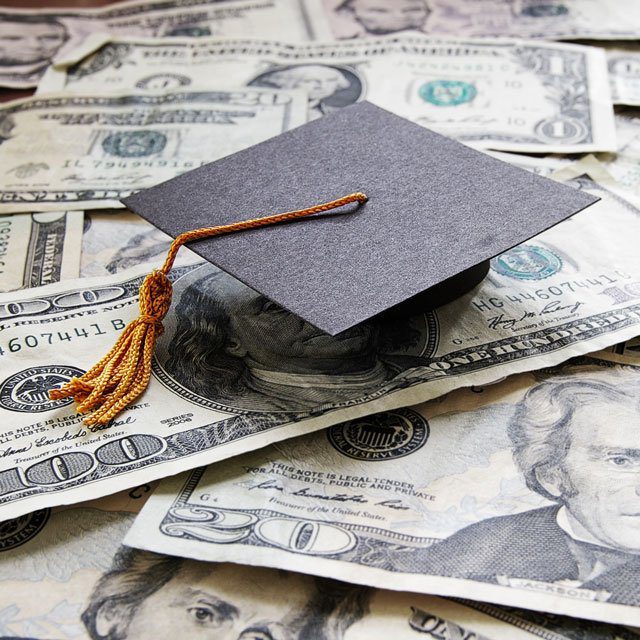Student Loan Relief Seen Costing Billions and Favoring Top Earners

Inside the administration, there has been discussion in recent weeks on forgiving a higher amount of debt for low-income borrowers who have received Pell grants, according to people familiar with the discussions.
During the 2020 presidential campaign, Biden urged Congress to forgive $10,000 in student loan debt, while progressive lawmakers, including Senator Elizabeth Warren, and civil rights groups such as the NAACP are pressing him to forgive at least $50,000.
Loan forgiveness has become a tricky issue for the White House, as it tries to appeal to younger voters ahead of the midterms, while also trying to show Democrats as good stewards of the economy. Democrats risk losing their slim House and Senate majorities when voters go to the polls in November.
Penn Wharton estimates a one-time maximum debt forgiveness of $10,000 per borrower would cost roughly $300 billion if the relief is limited to those with incomes less than $125,000. The cost increases to $330 billion if the program is continued over a decade.
Eliminating the income threshold would raise the 10-year cost to $344 billion, while increasing the maximum amount forgiven to $50,000 per borrower would raise the total cost to as much as $980 billion, according to the analysis. (Image: Shutterstock)




